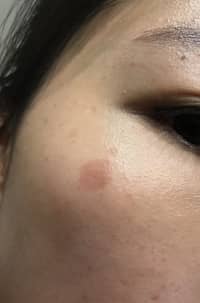There are a few reasons why the laser treatments might have been less effective for you. But I believe that the best way forward is to have a comprehensive talk with your doctor to re-evaluate the condition.
Let me share some common reasons.
1. Post Laser Skin Care
Sun protection and lightening creams are essential before and after laser treatment.
This is to prevent post-inflammatory hyperpigmentation (darkening of skin).
To get best results with lasers, a pply sunscreen at least 1-2 times daily.
2. Sub-optimal Laser Settings
This is a reason why patients experience "less than desired" results.
Inappropriately low settings may lead to sub-optimal results. Excessively high settings possible cause burns, which is what you experienced.
These can take years to resolve. In certain cases, it is potentially irreversible.
3. Choice of Laser
I completely understand that you are wary of lasers now because of your poor experiences.
Lasers do give good results when used Correctly and when Correctly combined with other synergistic treatments like creams and sun protection.
Patients tend to be fixated on the type or brand of Laser. But what is the Doctor's Skill and Experiences in these Lasers.
Based on what I see on your photo, my suggestion for you is to lay off treatments like Lasers / Peels for at least 1-2 months as your lentigo is shown slightly inflammed / red.
Thereafter, you might want to consider Lasers and Peels for Pigmentation removal. However, please seek advise from a trusted doctor before starting.
Good classes of Lasers for pigmentation removal is the Picosecond Laser or the Q-switched (nano-second) Nd: YAG laser.
You might also want to consider gentle chemical peels for pigmentation like Jessner's peel.
Please consult a doctor who is experienced in treating pigmentation for a thorough consult. Hope that this helps!
Warmest regards,
Dr. Justin Boey


